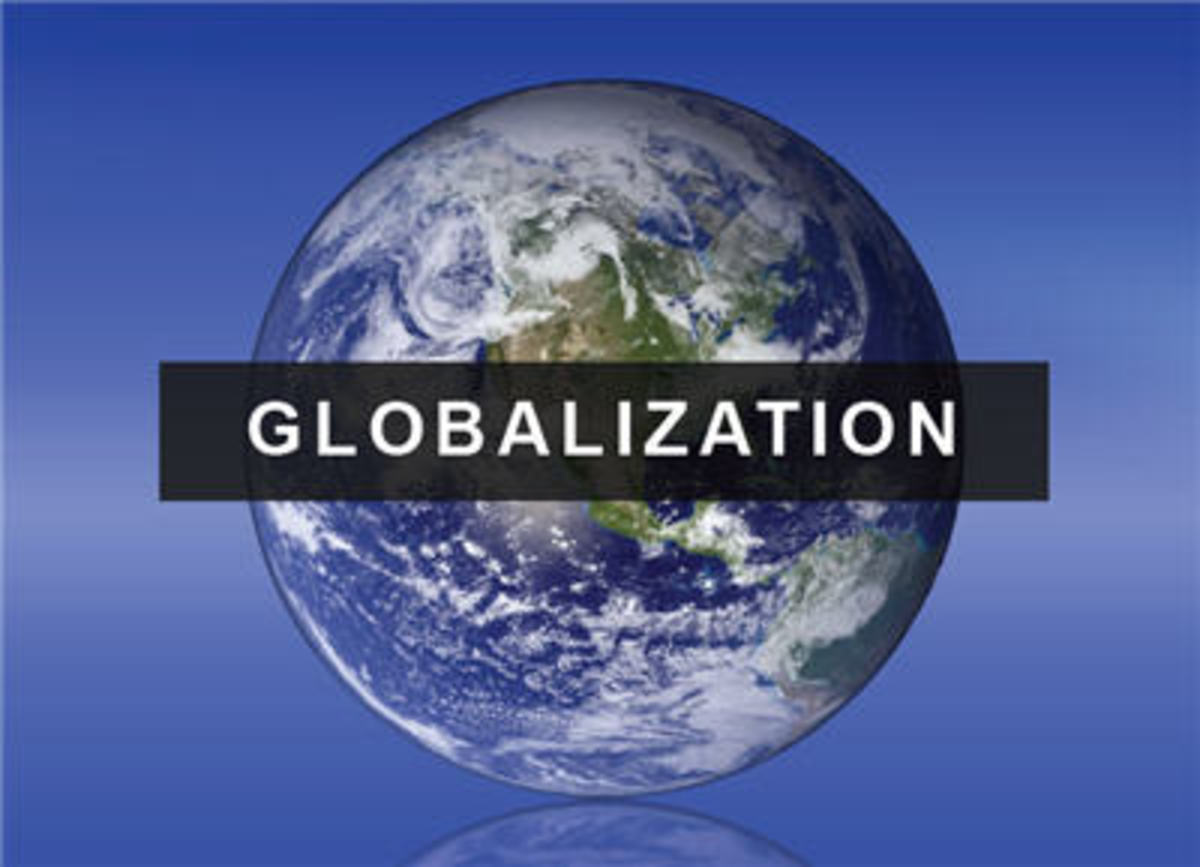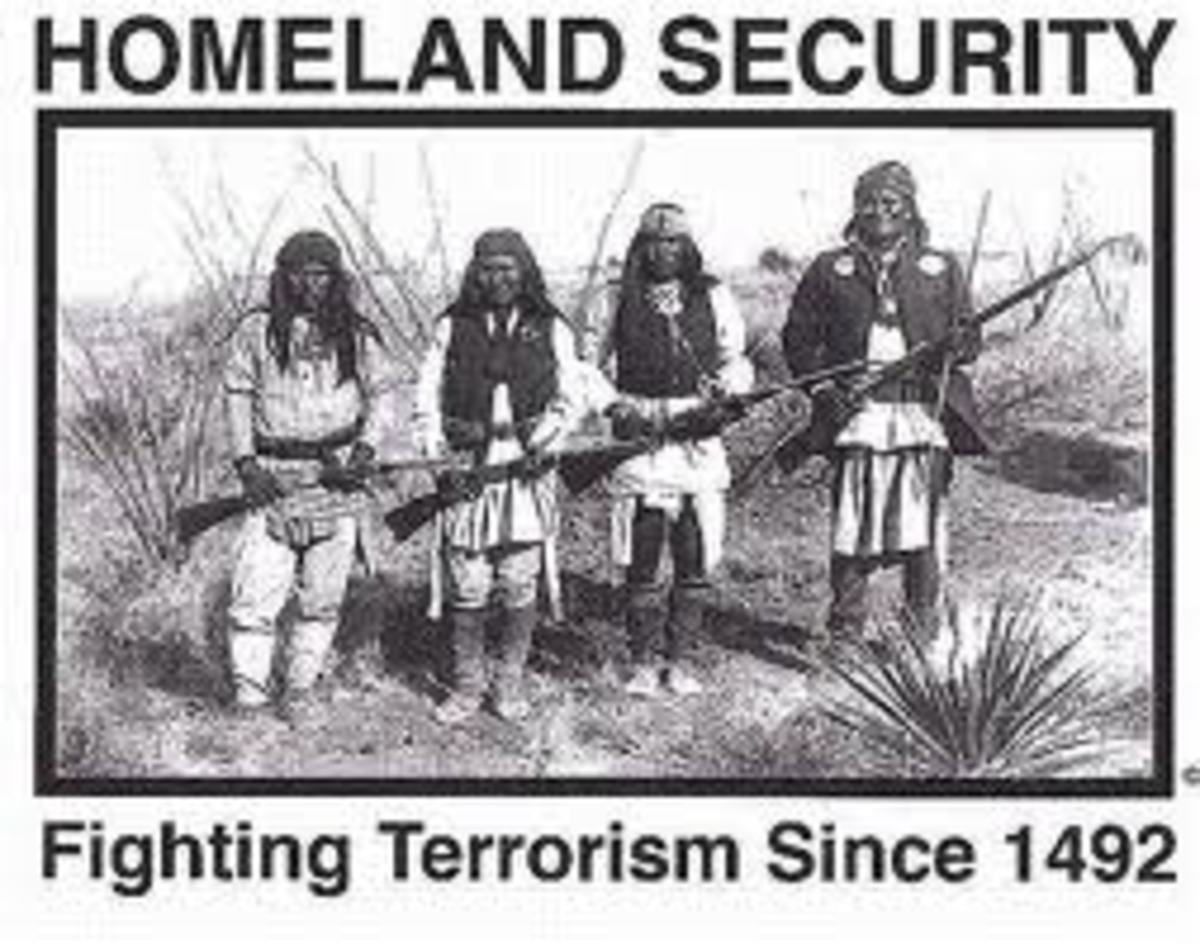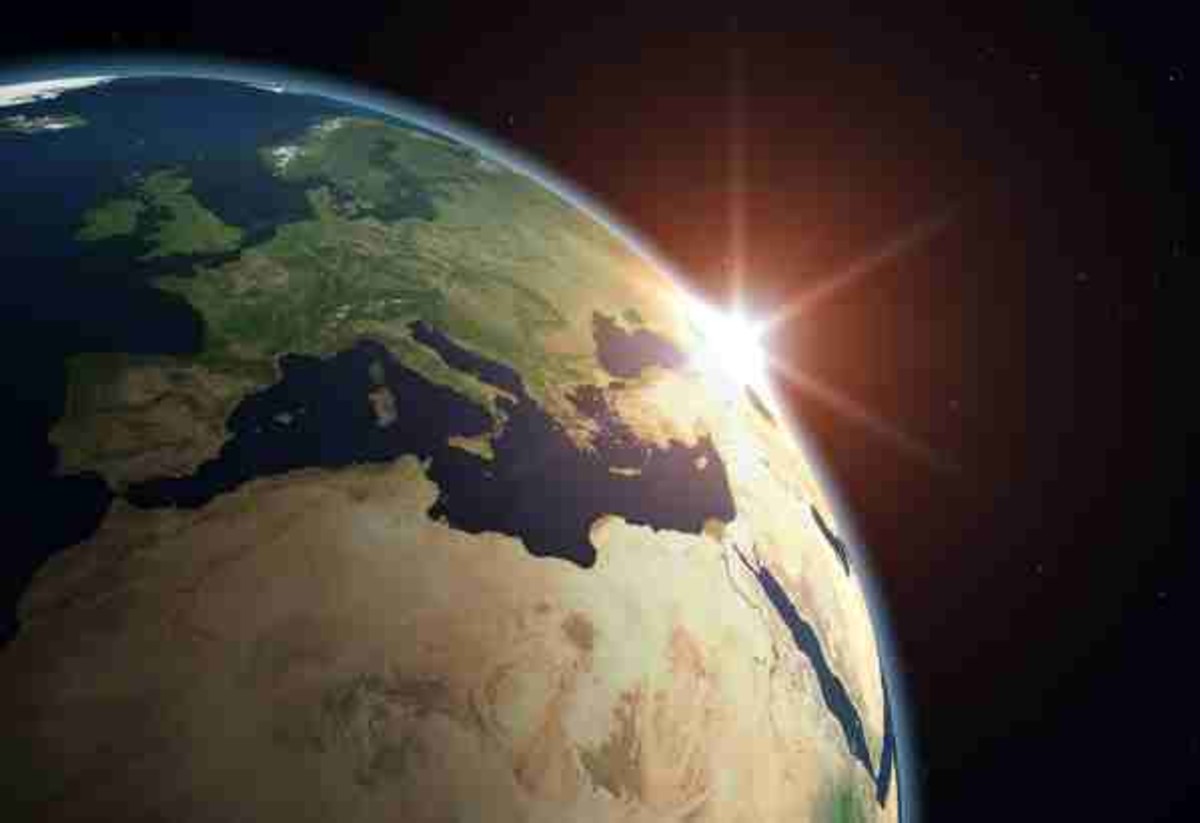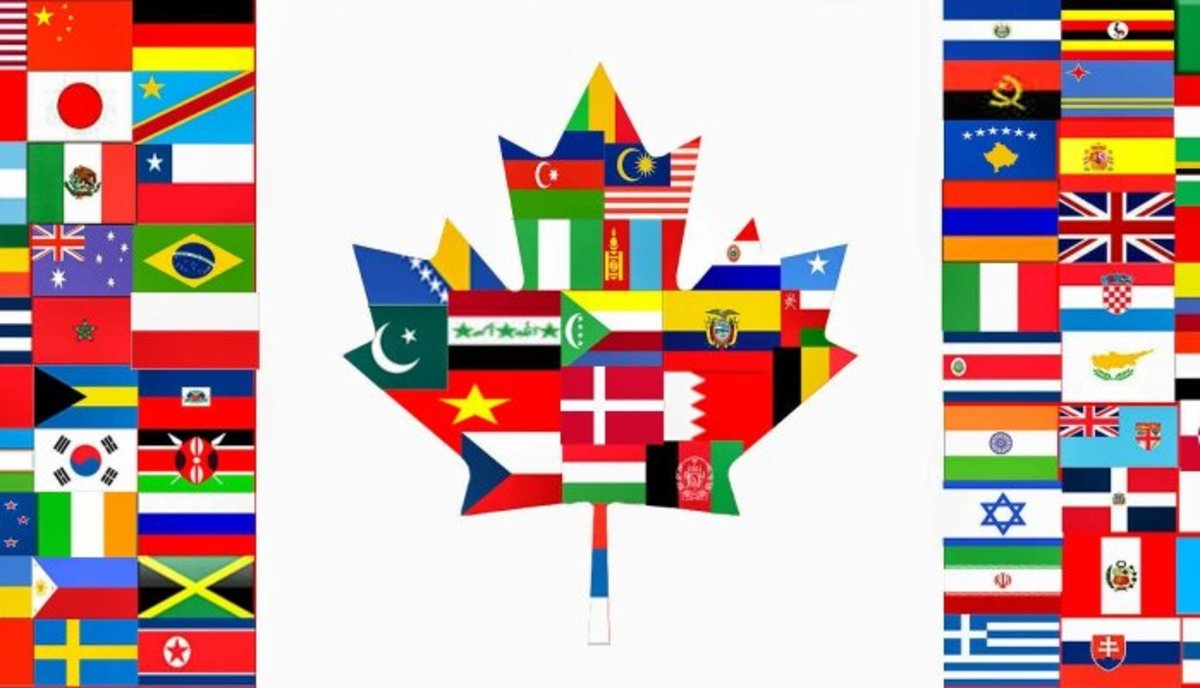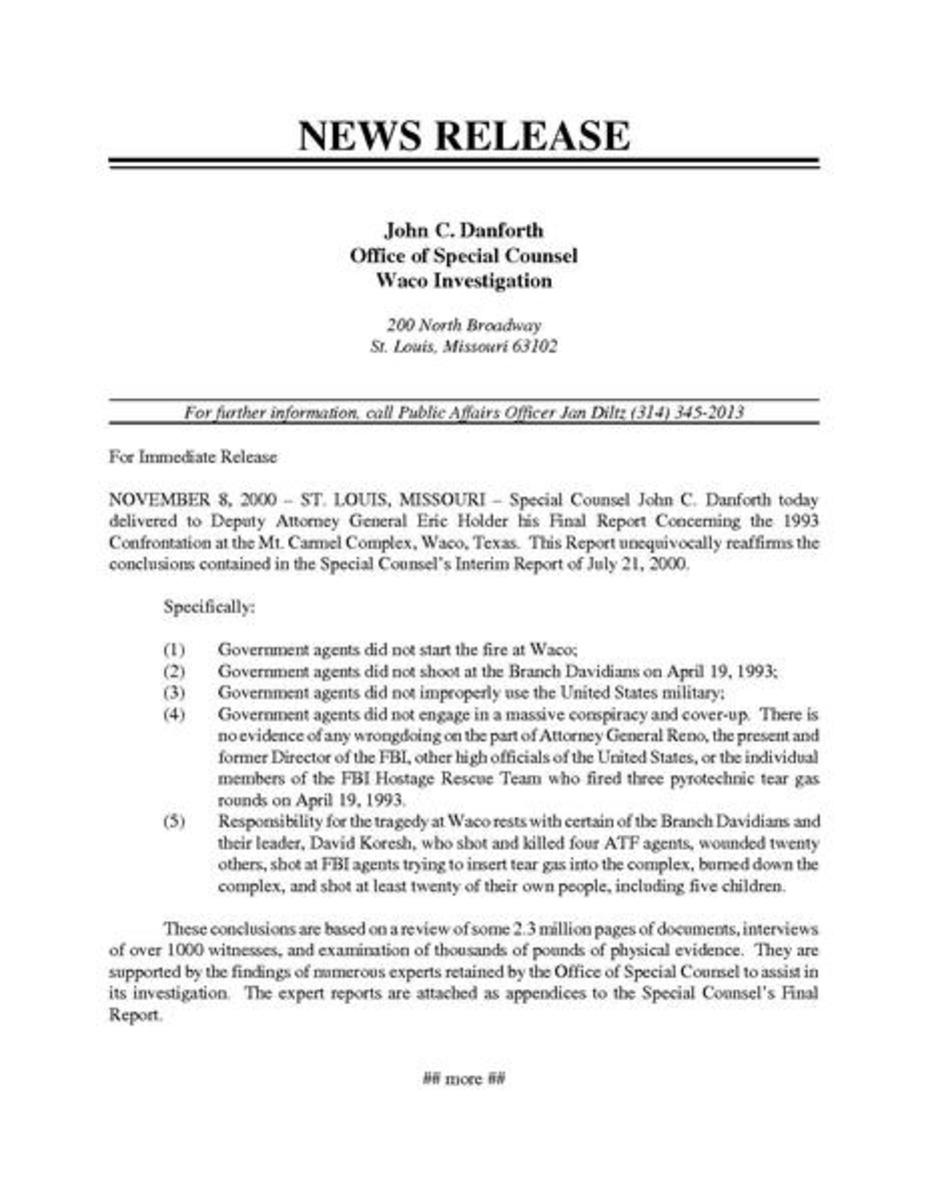Downsizing Globalization, Upsizing Regionalization
I'm somewhat conflicted about globalization. Recently we've seen how it has transferred jobs from developed economies to emerging ones. In the past colonialism dominated the undeveloped world. Neither have had good long term outcomes. I think we need a downsizing of capitalism and a recognition of regional solutions to local issues, while recognizing regional responsibility to respect other regions' rights and to provide and receive assistance to and from other regional entities when special circumstances (e.g. natural disasters, economic problems like food shortages), without moral judgment, but with an eye to long term solutions.
We need to recognize that the ideals of the ancien régime always risk return in new forms of "capitalism" and corporatism and always to be on guard against slipping backwards into rule by elites however they define themselves and whatever their claims to power may be. In the same way, though, we need to protect ourselves from domination of populist impulses -- death penalty, discrimination, imposition of majoritarian viewpoints. These opposing forces need always be balanced and rebalanced to achieve equilibrium and harmony between regions.
There must be standards for regional recognition, however. Consider the case of Turkey's consideration for accession to the European Economic Union. Before it can be admitted as a full member it must meet international standards in human rights and other areas required for full recognition as a region among regions. (To accede to the EU, Turkey must first successfully complete negotiations with the European Commission on each of the 35 chapters of the acquis communautaire, the total body of EU law. See Wikipedia article on Accession of Turkey to the European Union.) I use the term "region" rather than "nation" to emphasize the transition from a world of nations to one of regional interests, including the interests of regions within regions and the development of an inter-regional law that respects regional differences in culture and history while enforcing inter-regional norms of behavior that will facilitate the peaceful resolution of conflicts and inter-regional cooperation to assist one another when problems arise that can not be solved by one region alone. Turkey illustrates the transformations needed for what is now a nation to join with a community of other nations into what I call the European Region. I don't imply, though, that what is now a sovereign nation, like Turkey, cannot itself be a region with inter-regionally recognized interests, or that a region that is co-extensive with a nation, cannot be a component of even larger regional entities, as, for example, a Turkish sovereign region within the greater (in the sense, of course, of geographic size and not of greater right or privilege) European Economic Region.
To a certain degree this idea of an inter-regional system of governance can be conceptually understood on a metaphysical level in Leibnitz's system of Monadology. A description of that system is beyond the scope of this essay. Suffice it to say, however, that monads can be conceived as parts which themselves contain (or at least reflect) the whole. In our example of nations becoming regions, each region-nation at the smallest level contains and reflects the entirety of all the other constituent region-nations and supra-regional affiliations of these entities -- theoretically endless in their connections and constituent regional parts. The history and culture of regions define the outlines of the most elementary, in the sense of fundamental, or not further divisible, regions from which larger regional entities are composed.
For example, the modern state of Israel can be taken as a fundamental regional entity among the world of regional entities. This does not, of course, end the analysis. Is Israel, for example, the region established in 1948, or something other? Is Israel a region that is part of a two-region Middle Eastern sub-region, the other being Palestine? Are Israel and Palestine actually part of a single region -- a single state in the old terminology -- or are they two historically and culturally distinct regions that exist side-by-side? Obviously, the definition of some regions in this model are not easily arrived at. The fact that there are difficult cases, however, does not vitiate the goal of organizing regional world interest along historical, cultural and additionally geographical and environmental lines that make sense to regional inhabitants and regional neighbors. What is needed is a method, which, over time, will arrive at modern regional geographic and socio-political units that are viable within a world-wide system of equally respected regions. I think "autonomous" is another old world term that does not recognize the fact that no region is truly autonomous. Take the region that is locate downstream from another region and is thus dependent on the actions of the upstream region for the quantity and quality of the downstream region's water resources. These so-called riparian rights are very familiar to the Western United States as well as other world regions. So, in addition to cultural and historical elements in constituting a region of whatever size, geographical and natural resources must necessarily also be considered in their constitution at both elementary and super-regional levels.
First defining, with an eye at the same time also to harmonizing, regional entities must be the future task of region-craft. We have witnessed the failure of homogenizing communism in the last century, and are witnessing the failure of the similar homogenization of world regions by capitalism in its regard only for profits and utter disregard for historical, cultural, geographic and environmental regional differences in this century. Re-balancing these opposing tendencies is again needed in the model I propose, as such re-balancing has occurred throughout history, and will in the future necessarily unfold (like, but again, not identical to Hegel's Absolute), either as planned, rational human activity, or in its heretofore normal appearance as uncontrolled, often violent, upsurge of dis-aligned cultural, historical, geographical and environmental forces.
Update - 2011 Mideast, North Africa Revolutions
An interesting analysis of regionalism versus post coloinal nationalism is presented by Al Jazeera correspondent, Mohammed Khan, as follows: "The artificialness of the borders in question is not in doubt. Take a look at any map of the Middle East prior to the 1916 Sykes-Picot Agreement between Britain and France (when the division of the region was finalised with no consideration for the thoughts of the people that lived in it) and you will be hard pressed to find many physical boundaries between, say, Syria to the north-east and Morocco to the west."
http://english.aljazeera.net/indepth/opinion/2011/03/201134154351741689.html
What is happening now in the Mideast and North Africa is reminiscent of the idea of the positive freedom of self determination embodied in President Wilson's Fourteen Points in the aftermath of WWI. http://en.wikipedia.org/wiki/Fourteen_Points The problem for self-determination was that none of the peacemakers saw it as applying to their own empires--only to the empires they had defeated. Similarly, the present contours of the Middle East and North Africa are the boundaries of artificial "nation states" that were imposed by departing colonial powers without regard to the aspirations of the people comprising these artificially created entities,
Regionalization versus Globalization 10 years later
As I look at this essay I wrote 10 years ago, it is evident that the fundamental issues of global capitalism and regional cooperation have only come into sharper focus by world events of the ensuing years. We have gone through the abatement of the American intrusion into Iraq, the Arab Spring, and subsequent rise of the Islamic State and the re-entry of American forces into Iraq and Syria to quell the rise of the Islamic State and the ongoing, endless war and occupation of Afghanistan by the US and coalition partners following the September 11, 2001 attack on New York by Al Quaeda.
I believe that these events are the result of continuing attempts at applying global solutions (dictated by the one, as of 2010, global superpower) to what are essentially regional problems demanding regional solutions. True, there are global issues such as climate change that require more than just regional solutions. Interestingly though, notwithstanding the intransigence of the global capitalists to continue extracting and utilized fossil fuels until the last morsel of profit has been taken into their pockets by them, regional entities like states, cities, municipalities and the majority of nations have committed to taking action on their own, without a unified global solution or framework (notwithstanding previous attempts at such a framework in the Kyoto and Paris climate accords). The lesson I think that can be taken is that even against the pressure of global capitalist institutions, regional and local bodies can exert significant influence against global forces that are inimical to the environment, safety, financial well-being and welfare of the vast majority of regional world inhabitants.
This struggle against globalism, imperialism and elitism is not of course new, but is easily traced throughout history from human beginnings to the present. On an abstract level it is seen in both philosophy and religion, and even science and mathematics (although a discussion of these is far beyond the scope of this note), in addition to the most concrete examples of the opposition between globalism and regionalism in politics, political economy, history and revolution.
In summing up where we are after the 2010's in the opposition of globalism and its competitor, regionalism; I think we can say that whereas globalism and global institutions were ascendant in 2010, regionalism has advanced in the 10 years since then. By regionalism I mean the interests of local, national, communities of interests which may be based on language, cultural, environmental and other common interests that bind people together at a regional level. Globalism, on the other hand, tends to disregard these interests in favor of universal norms and rules that transcend regional interests and historically have tended to favor the interests trans-regional elites.
The epitome of global elitism in the 18-19th centuries was, or course, the British Empire. The wealth of nations subsumed in its colonial empire was extracted for the benefit of these elites through the structures of capitalism invented by them -- property and ownership, the rule of (English) law, mercantilism. "free" trade, etc. For is remarkable that once the epitome of globiaism, England is now a leading example, after Brexit, of the growing influence of regional (in this case, national) forces refocusing political structures on communities of interests which based on language, cultural, environmental and other common interests that bind the English people together at a regional level. The English may find, however, that there are further regional interests within the United Kingdom -- Northern Ireland, Scotland and Wales -- which have separate claims for over their regional sovereignty in a way similar to the Catalonian claim for regional sovereignty from the the Spanish nation. It would not be surprising if Northern Ireland, Scotland and Wales were to find a regional community of interest alongside that of England, or Northern Ireland to reunite with the Republic of Ireland based on geographical, environmental and may cultural commonalities.
The desire of regions to maintain a level of homogeneity (the precise level in any region would be specific the history, culture, language, geography, etc. of that region) is a natural aspiration that has not been successfully extinguished by hegemonic globalist forces. One needs only look at the arbitrary political divisions (nations) created by the British in the middle east - Irag, Syria, etc. -- without regard to the local communities of interest of the people assigned to them following the first world war. It's a difficult question whether these hegemonic forces are another natural phenomenon in addition to the often contradictory desire for regional homogeneity. It is arguable that the impulse to hegemony belies the desire of the hegemon for the imposition homogeneity of its own community of interest, writ large, across regions and even continents,
This analysis leads me to the somewhat unsatisfying realist conclusion that history has not come to an end, but also the hopeful one, that global capitalism has not triumphed over the regional interests of the people inhabiting them -- that the struggle between globalism and regionalism thankfully continues (as does the debate between Platonic idealism and Aristotlean naturalism), and that the regional interests of peoples are again receiving political recognition against the hegemonic forces of global capitalism. Subsequent articles will continue my research on the issues of globalism and regionalism.

